Myanmar is suffering from a resurgence of Covid-19 cases–much worse than the first wave–and now millions are locked down, unable to work or go to school. With the coming of cooler weather in December and January, they are predicting ongoing infection. The World Health Organisation is calling this an “emergency period” for the small Southeast Asian country, which has been rocked by conflict most severely in the western Rahkine State.
This has not stopped the Myanmar Jesuit Mission from continuously working to help those most in need. The squatter families in Yangon, the poorer parts of Taunggyi, and those displaced by conflict in Kachin and Chin States will receive six months’ worth of food and livelihood support. The social outreach team is led by a newly ordained Jesuit, Fr Cyril Nya Myo Htet, who is joined by partners on the ground sending food packs and supplies to the most vulnerable households. Also, they are focusing on building livelihood opportunities, simple ways to help alleviate their poverty.
Women and girls, especially, have been impacted by the pandemic. The lockdown situation has led to more incidences of domestic violence, sexual abuse, and exploitation. Unable to work, they are stuck in the slums and faced with desperate circumstances, forcing some into the sex trade despite the risks and stigmatisation. Fr Cyril Nya Myo Htet SJ says, “These women are good people who seek dignity through hard work… The pandemic has melted the livelihood of thousands and these women sacrifice their lives to feed their families.” In the coming months, skills training and microcredit loans will be offered to the women to help with their situations.
Meanwhile, in the northern Myanmar, Kachin State is home to thousands of internally displaced people (IDP) who fled their homes because of armed conflict. In the town of Myitkyina, Jesuit Mission is working with women’s groups in IDP camps to provide skills training. With an intensive sewing and tailoring course, complete with sewing machines and sweater making machines, the women are able to make garments that they sell through a cooperative.
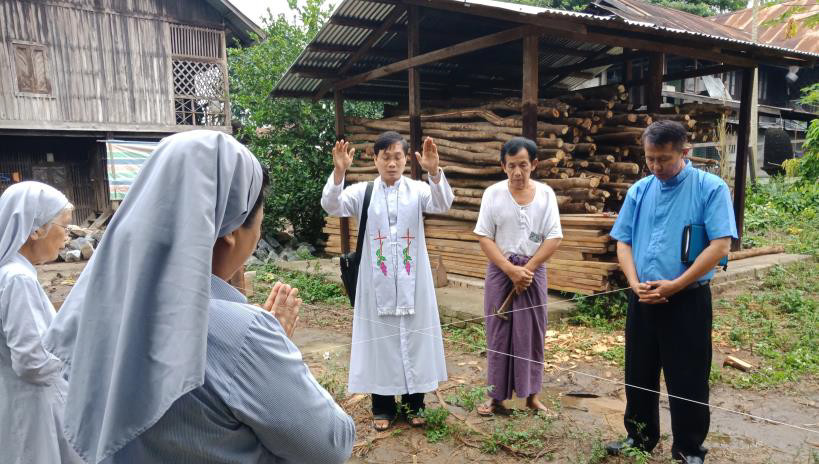
At St Michael’s Parish in Nanhlaing Village, the Jesuits run a simple hostel for around 20 boys. There is a new girls hostel on the rise, which will allow around 50 girls to attend the nearby government school. Last October, Fr Stephen Mar Tay SJ and the Franciscan Missionaries of Mary sisters blessed the ground before laying the foundation stone for the hostel. The good FMM sisters –who have been with the parish for over eighty years–will run the girls hostel, along with the health clinic and the kindergarten. The girls hostel will be completed in December 2021.
Fr Mark Raper SJ, Superior of the Myanmar Jesuit Mission, shares a message of hope: “Although the capacity of Myanmar Mission is limited we are determined to be available where we can be and to support the Myanmar religious who work closely with the poorest and most vulnerable people. Thank you for your solidarity with us in prayers and in financial support. We have now set in place plans for continuing our outreach activities for the first three months of 2021.”
Contributions to the Myanmar Jesuit Mission Covid-19 Emergency Appeal may be sent to Manila, Australia, Germany or directly to Myanmar. Contact Mission Treasurer, Fr Puspobinatmo SJ at mynprocur[at]gmail.com or Development Officer, Gillian Donoghue at mynsjdo[at]gmail.com for details.

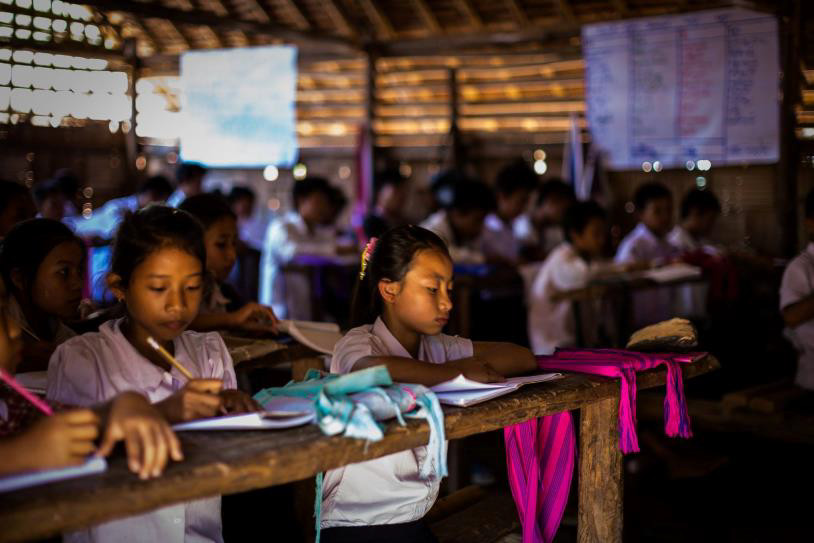
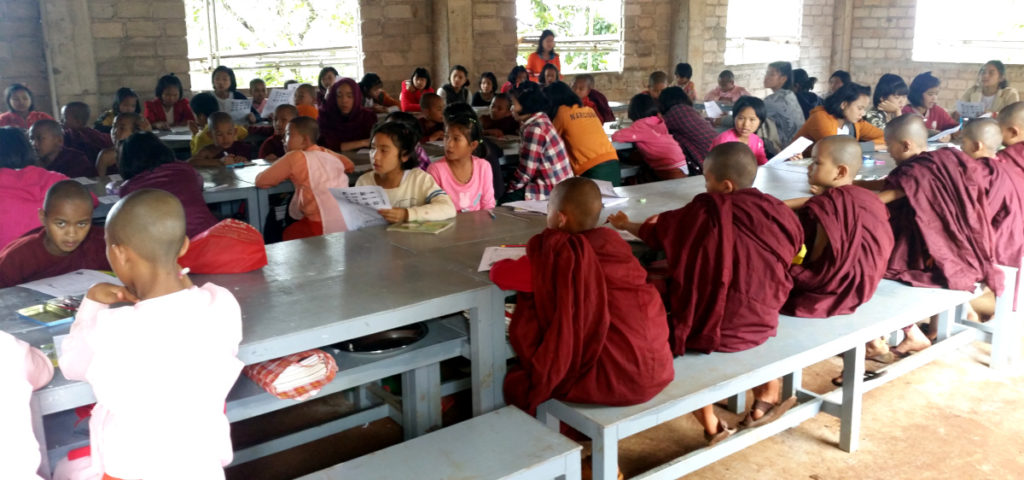

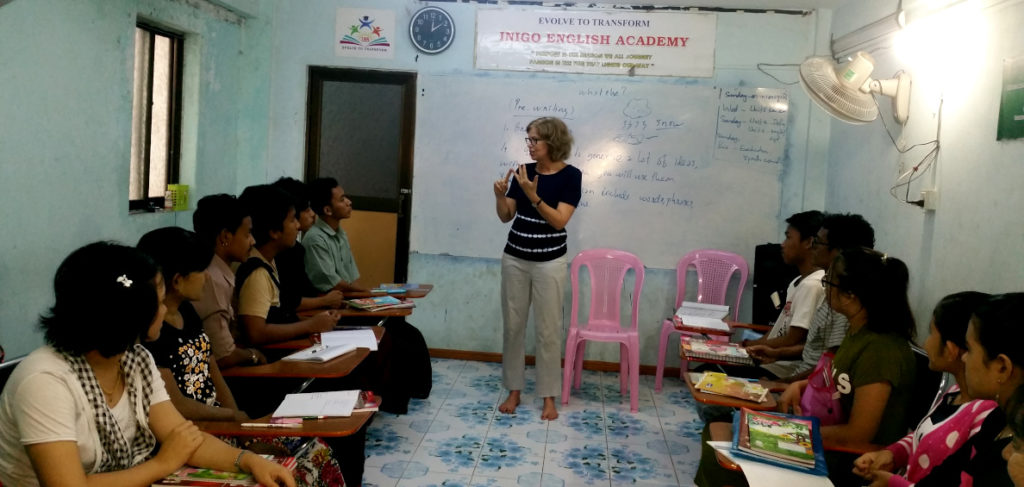
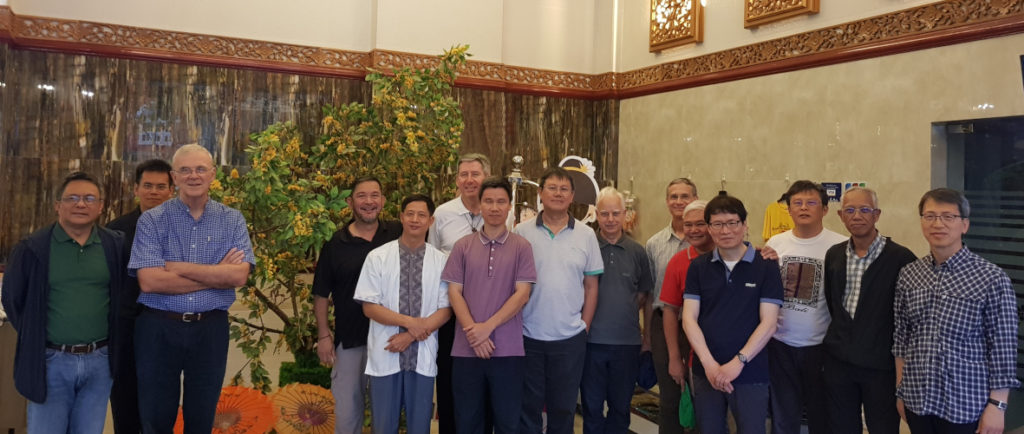
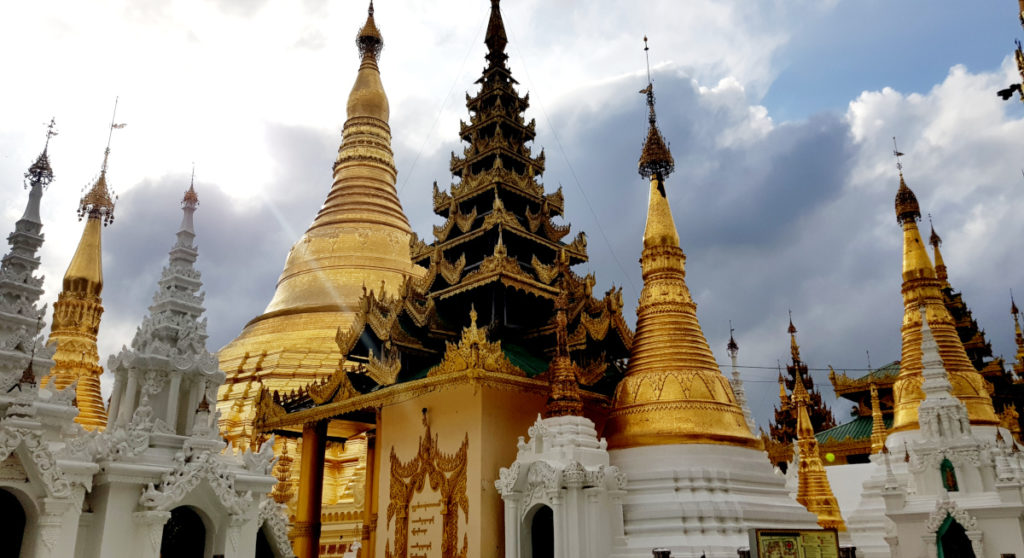
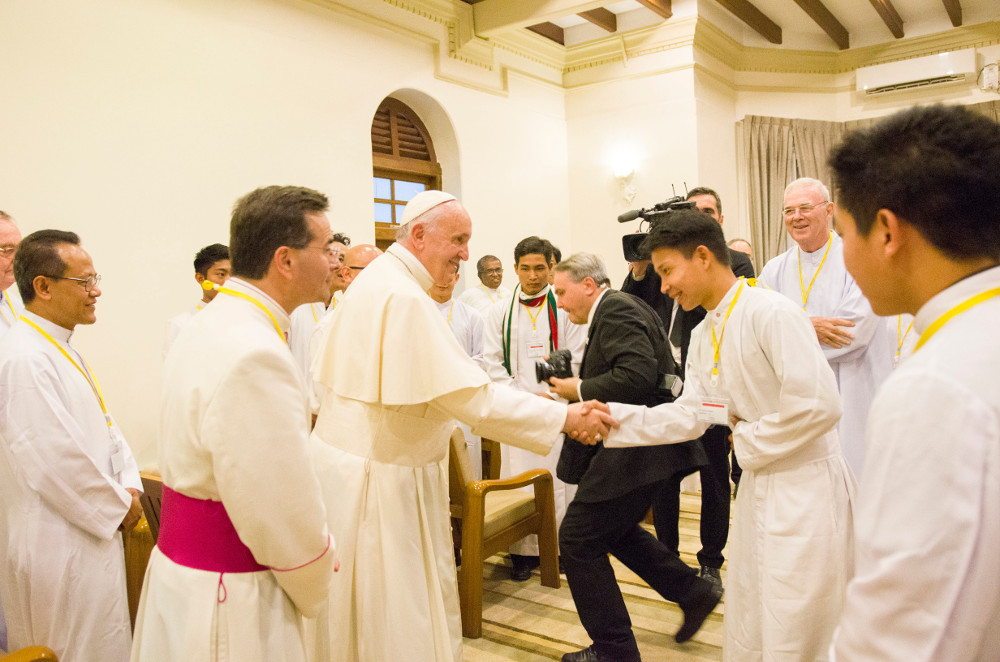
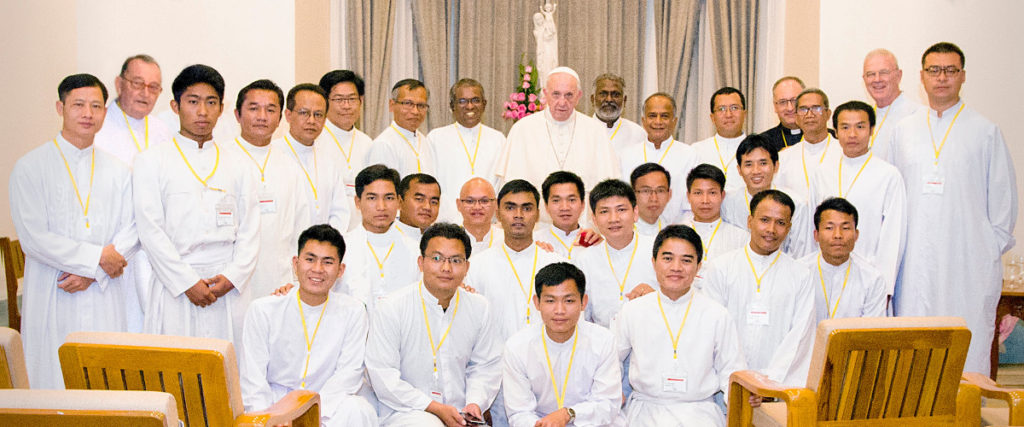
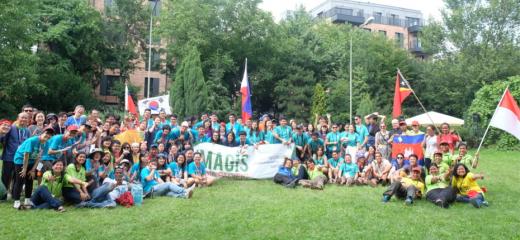
 In 2014, the major superiors of the Jesuit Conference of Asia Pacific decided that the youth had to be a priority for the Jesuit Conference. They saw a clear need to accompany young people in the way of St Ignatius, which is marked by cura personalis (personal care), discernment and magis (more).
In 2014, the major superiors of the Jesuit Conference of Asia Pacific decided that the youth had to be a priority for the Jesuit Conference. They saw a clear need to accompany young people in the way of St Ignatius, which is marked by cura personalis (personal care), discernment and magis (more).